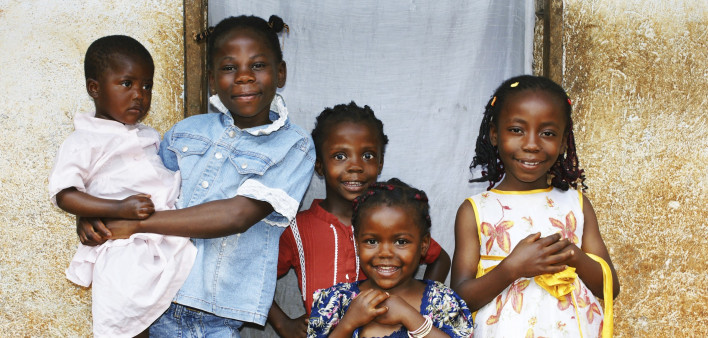Dolutetravir-based antiretroviral (ARV) HIV treatment bested regimens containing efavirenz or protease inhibitors in children and teenagers, with an 8% drop in treatment failure and fewer switches to new regimens, according to a presentation at the recent Conference on Retroviruses and Opportunistic Infections (CROI) .
These findings add to the positive data on dolutegravir regimens for women starting ARVs during pregnancy. Dolutegravir, an HIV integrase inhibitor, is sold alone as Tivicay and is part of the Triumeq, Juluca and Dovato combination pills.
Participants in the Odyssey Trial were age 18 or younger and weighed at least 30 pounds (14 kilograms) at study enrollment. The median age was 12, 88% were African and 22% had a CD4 count below 200, indicating advanced immune suppression.
The 707 participants were split into two cohorts—one for children and teens starting the regimens as their first HIV treatment and the other for those switching from their current regimen to a new one—and randomized from there. Within the first-line group, the participants were randomized one to one to either a dolutegravir-containing regimen or one containing efavirenz (Sustiva or Stocrin). Those switching treatment were randomized to dolutegravir or a boosted protease inhibitor (lopinavir/ritonavir or atazanavir/ritonavir). Most rounded out their regimen with abacavir and lamivudine (the drugs in Epzicom), tenofovir disoproxil fumarate and emtricitabine (Truvada) or tenofovir disoproxil fumarate and lamivudine (Cimduo).
Anna Turkova, MD, a pediatrician at University College London, and colleagues then followed participants for 96 weeks, looking to see how safe the medicine was and whether any of the participants experienced treatment failure. In this case, they considered treatment to have failed if participants saw less than a one-log drop in viral load by 24 weeks accompanied by a switch in ARV treatment; two viral load measurements of 400 copies or higher any time after week 34; any viral load or illness that defines AIDS; or death from any cause.
What they found at 96 weeks was that, overall, 47 children and teens (14%) using dolutegravir-based treatment experienced any form of treatment failure, compared with 75 (22%) in the efavirenz or protease inhibitor arm. This 8% difference between the two didn’t just make dolutegravir noninferior to the older standard of care but made it superior.
The researchers then divided the results by new treatment versus a switch. In the new treatment group, they found fewer treatment failures among those on dolutegravir versus efavirenz (10% versus 23%), making dolutegravir regimens superior to efavirenz regimens for children starting treatment for the first time. Young people who switched to dolutegravir from another regimen were also less likely to see treatment fail them: 17% versus 21% for those switching to a protease inhibitor.
Overall, new or recurrent HIV events were uncommon among children and teens taking any ARV regimen. There were no specific differences in treatment outcomes based on the young person’s sex, weight, age or baseline viral load or CD4 count.
There was also no real difference between the arms in terms of adverse events: Two children died for any reason in the dolutegravir groups and three in the standard-of-care groups. More children progressed to an AIDS diagnosis, corresponding to the World Health Organization’s HIV Stage 4,in the dolutegravir arms (10 cases) compared with the standard-of-care arms (five cases).
The real difference was seen in events requiring participants to switch from their study-drug regimens: six in the dolutegravir groups versus 17 in the standard-of-care groups, which was a significant difference.
“There was no evident effect of children starting first-line compared to second-line treatment,” said Turkova. “These results strongly support WHO guidelines and current rollover to dolutegravir-based regimens for children starting first- or second-line [ARV treatment], allowing harmonization with adult programs.”
Click here to read the CROI abstract.







Comments
Comments